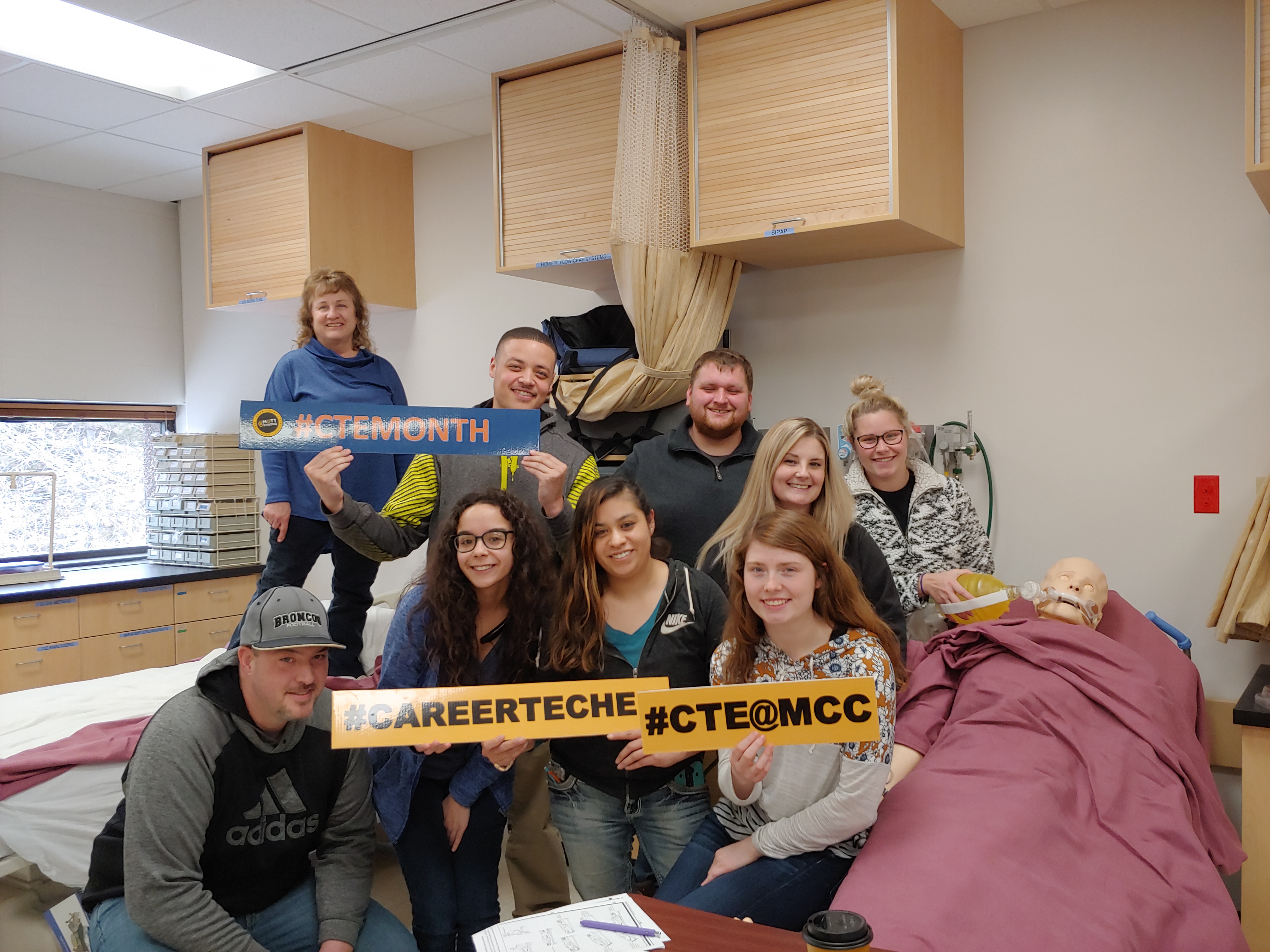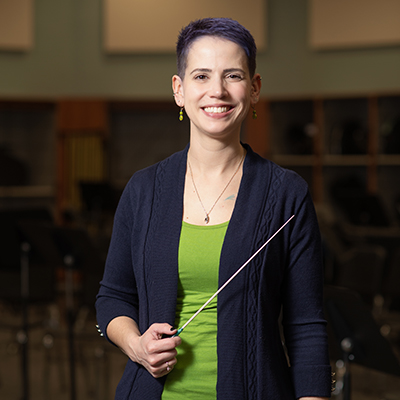Helping Students See CTE Possibilities
By Madonna Jackson, EdD
Disadvantaged/LEP Coordinator
Mott Community College
Treasurer, Professional Technical Unit (Pro-Tech)

It is wonderful to hear policymakers such as Gov. Gretchen Whitmer echoing what individuals working within career technical education have known for a long time—opportunity abounds for people who complete quality job skills training through degree and certificate programs.
Students, both secondary and post-secondary, do not always know about educational opportunities that may lead to a high-wage, high-demand, high-skill career. Some students do have awareness of possibilities but might not possess the knowledge, confidence or support to take advantage of those opportunities.
Everyone knows students who are capable of succeeding but face barriers that block their road to success. CTE teachers, faculty, staff and administrators are showing students what lies beyond the hurdles, teaching them there are ways around the roadblocks.
February was national CTE Month®, and Mott Community College participated in the campaign through the MCC President’s Mini Grant program.
To bring awareness to Career Technical Education, weekly events were held in collaboration with multiple divisions, departments, secondary schools and community members. Events included awareness hubs around campus to talk to students about degree pathways at Mott. There was a health science information night open to the public, classroom presentations, women in STEM day, and a public screening of the movie Hidden Figures.
Employers nationwide are worried about a shortage of skilled labor. Many students are amazed to learn they can make $50,000 or more with a two-year degree in a CTE program. Some examples of careers include health sciences; computer science; heating, ventilation, and air conditioning; electrical; electronics and technology; manufacturing; automotive; computer-aided design; culinary arts; and more.
Even students with aspirations of obtaining advanced degrees—future lawyers and doctors—often don’t have a plan to live and pay for many years of schooling required to get them to their dream career. But a degree or certificate in a CTE program can lead them to a good-paying job, working in the field that they aspire to continue to pursue while making a livable wage.
For anyone interested in learning more about Career Technical Education, I encourage educators to attend the annual statewide conference of the Michigan Occupational Special Populations Association (MOSPA) May 1-3 in Boyne Falls.
MOSPA brings together K-12 and post-secondary educators and state liaisons to discuss best practices for serving CTE students and helping them transition from secondary to post-secondary education and ultimately enter the workforce.
All of us at every level play an important role in helping our students find an educational path that leads to a good-paying career. That kind of future can transform lives and our state.


